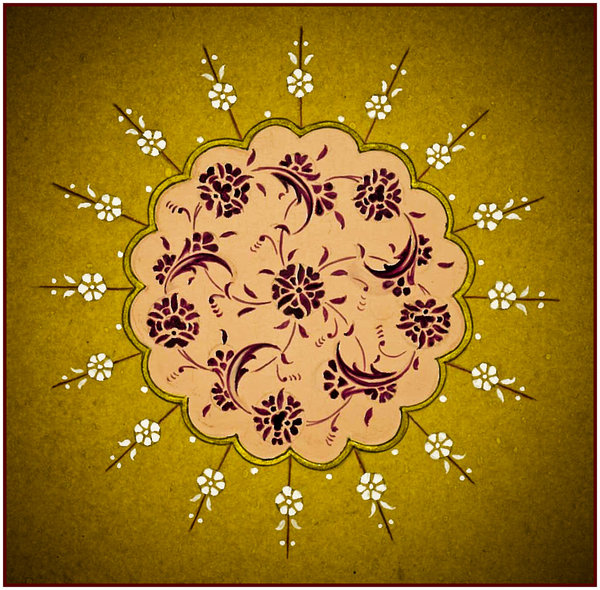The Highest Objectives of Shari'ah: Where Does Equality Lie?

The juristic scholars have dealt with issues pertinent to equality and human rights and addressed them in different ventures and under various titles. For example they embedded human rights in the highest objectives of the Shari'ah and also in the general public interests as they reiterated numerously in their writings that the Islamic Shari'ah took justice and equality among humans as its solid bedrock. In Islamic law, the human being is an honored creature, who acts as the vicegerent of God on earth and through applying justice and equality, he gets to achieve both progress and civilization through which he reaches his aspired values of freedom, dignity and happiness. Therefore any endeavor which aims at accomplishing these values is rendered among the divine commands.
More importantly, the Islamic Shari'ah established the essential necessities for human beings as obligatory needs such as food, clothing, shelter, security, freedom of thought, belief and expression, education and learning along with being a positive participant in building the society in which one lives. All these essential necessities are to be highly guarded and promptly provided by countries to their respective citizens as in the Islamic creed all people are equal in the sight of God as they all share servitude to the One Lord.
Equality in Islam does not in any way level with abolishing all signs of natural differences among humans as being different is one of the cosmic laws of nature which God created. Difference among humans is rather a well established natural fact that we can't turn a blind eye on or pretend it does not exist. In Islam equality means justice and justice entails refraining from discriminating among humans based on their choices and actions.
Therefore justice among humans needs to be applied with utter respect to their natural differences and without jeopardizing their personal identities by any attempt of abolishing it. God reiterated in the Quran the fact of equality among all humans in terms of their origin, God says " O mankind, fear your Lord, who created you from one soul and created from it its mate and dispersed from both of them many men and women. And fear Allah , through whom you ask one another, and the wombs. Indeed Allah is ever, over you, an Observer. " 4:1 and in another verse God says " O mankind, indeed We have created you from male and female and made you peoples and tribes that you may know one another. Indeed, the most noble of you in the sight of Allah is the most righteous of you. Indeed, Allah is Knowing and Acquainted". 49:13
In this verse God wanted us to abolish all the false measures with which people tend to evaluate others be it wealth, personal fame and other mischievous criteria. God rather set piety as the highest measure with which people are honored. This means that every human being enjoys dignity and the basic level of dignity is justice whereas its highest threshold is piety. The basic level of justice is the level with which the human being should be provided with all his needed essentials of food, clothing, freedom, dignity and respect.
This essential base of justice with which humans are to be treated was well established in the Prophetic traditions as it was narrated by Ibn 'Umar that the Prophet stated in his memorial speech after the conquest of Makkah " O people, God has abolished the injustice of the pre Islamic era and the bragging of ancestors. People are of two kinds, The first is a man who is kind and pious and enjoys God's grace whereas the other is disobedient and deviant and does not worth much in the sight of God and people are coming from Adam and God made Adam of dust" (Tirmidhi)
Therefore applying justice among all people and respecting differences among them was one of the solid moral values that Muslims held dear along history. Equality in Islam was not only written in gold as respected general theoretical principles but was practiced easily among Muslims in their daily lives as for example in mosques where people from all walks of life meet to pray. So one would find a black man standing right next to a white one; all in servitude and submission to their One Lord. This beautiful scene can be witnessed on a larger scale in the season of pilgrimage in Makkah where people from across the globe meet in one simple white garment with no apparent distinctions or differences.
Justice in Muslim countries did not entail only Muslims but equally encompassed non Muslims with social care to the extent that one of the famous British historians, Arnold J. Toynbee stated "The extinction of race consciousness as between Muslims is one of the outstanding achievements of Islam and in the contemporary world there is, as it happens, a crying need for the propagation of this Islamic virtue..." [Arnold J. Toynbee, Civilization on Trial, New York, p. 205]".
 Arabic
Arabic French
French Deutsch
Deutsch Urdu
Urdu Pashto
Pashto Swahili
Swahili Hausa
Hausa
